Kyoto luxury just off the beaten path at Maruyama Park’s Chourakukan【Photos】
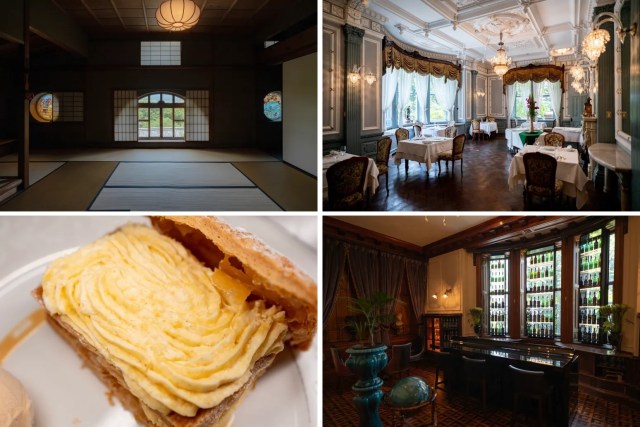
Beautiful architecture and so, so much delicious food with just a quick detour from the standard tourist itinerary.
Kyoto’s Maruyama Park sits to the east of the Gion geisha district and north of Kiyomizu Temple. As those are two of the city’s most popular tourist attractions, many visitors to Kyoto add a stroll through the park to their itinerary, perhaps making a quick stop at Yasaka Shrine, which is located inside the park.
Today, though, we’re headed to another site inside Maruyama Park, a unique spot that combines beautiful aesthetics of both the traditional Japanese and classically western sorts, and which offers amazing food and elegant relaxation.
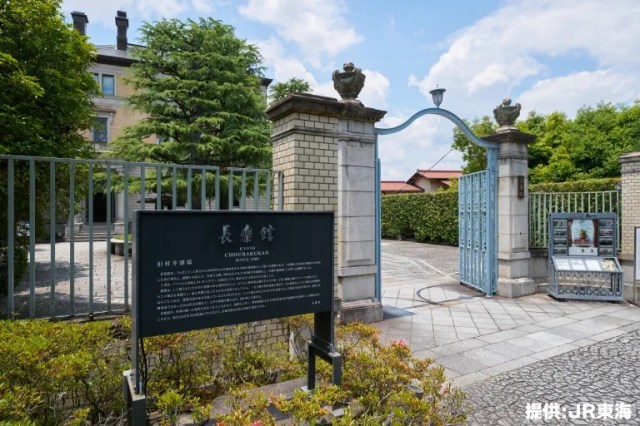
Chourakukan was built in 1909, and was originally a villa owned by businessman Kichibei Murai. It later became a state guesthouse, hosting traveling dignitaries from both elsewhere in Japan and from overseas, and in 1986 was granted tangible cultural property status by the city of Kyoto.
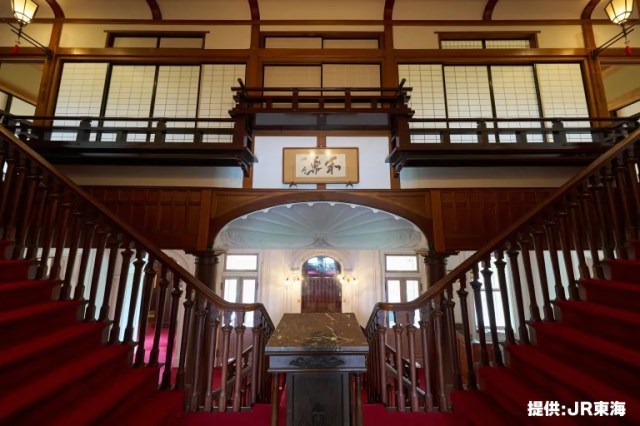
Chourakukan now operates as a dining and travel accommodation complex, with multiple cafes and restaurant plus a hotel housed within the building. It’s also sort of a de-facto architectural museum, with a beautiful interior that includes both the minimalist beauty of tatami rooms…
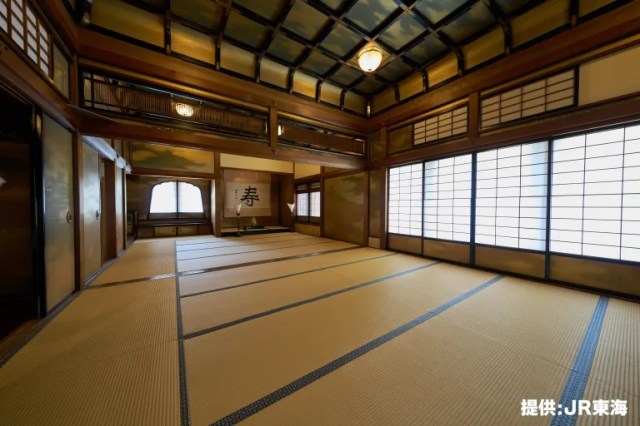
…and the palatial opulence of Western tea rooms.
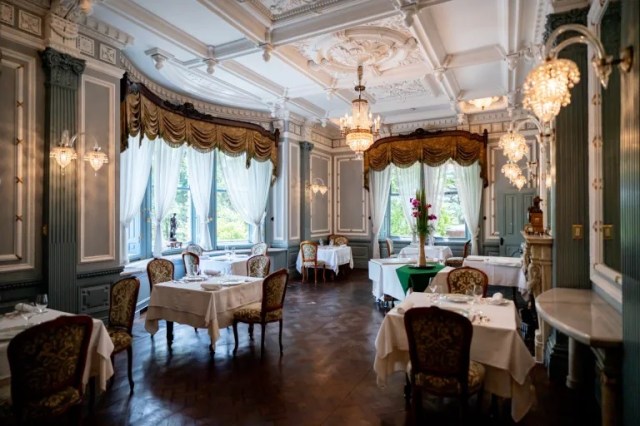
Some spaces even blend styles, such as the inclusion here of stained glass windows with shoji sliding paper doors.
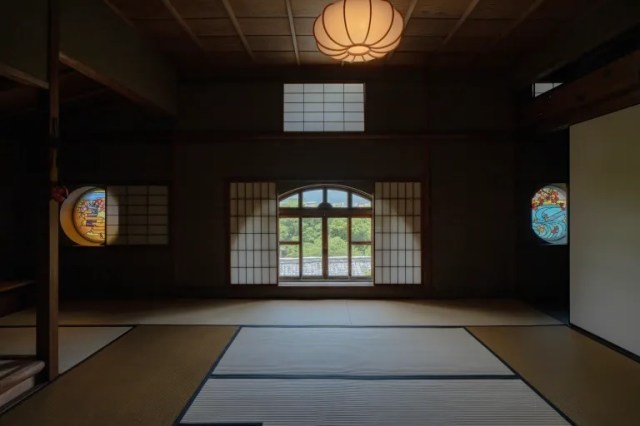
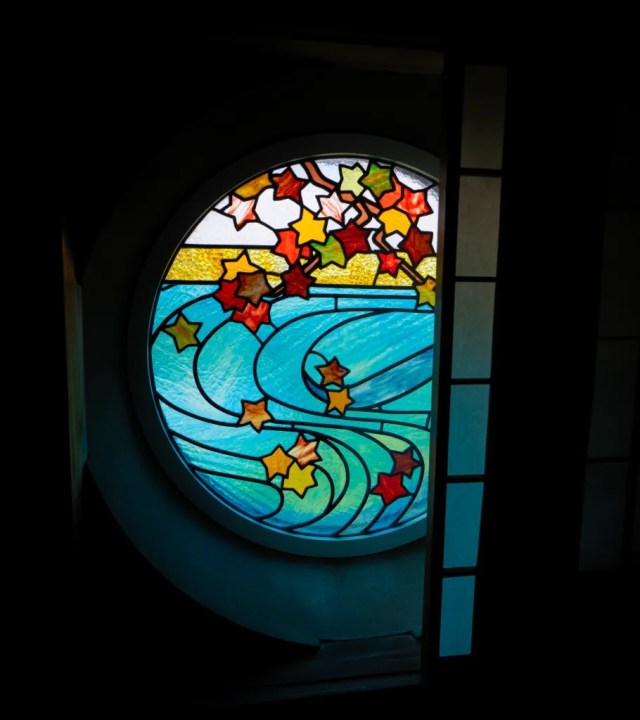
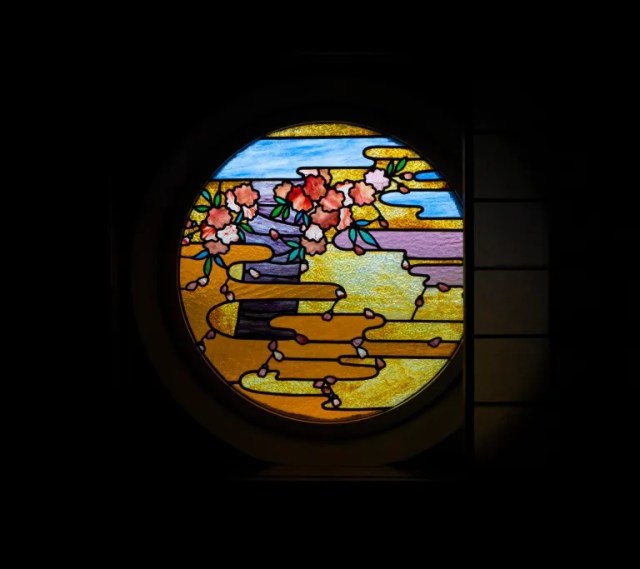
We stopped by Chourakukan as part of a press tour organized by Central Japan Railway Company. We weren’t spending the night, which meant we weren’t able to grab a drink at the lobby’s check-in desk, which turns into a private bar for guests of the hotel at night.
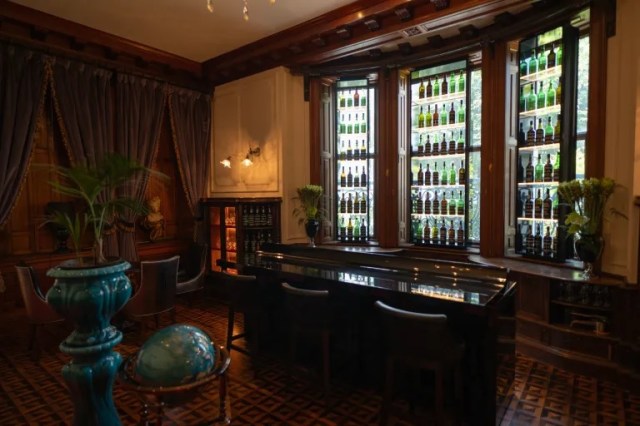
We were, however, just in time for lunch.
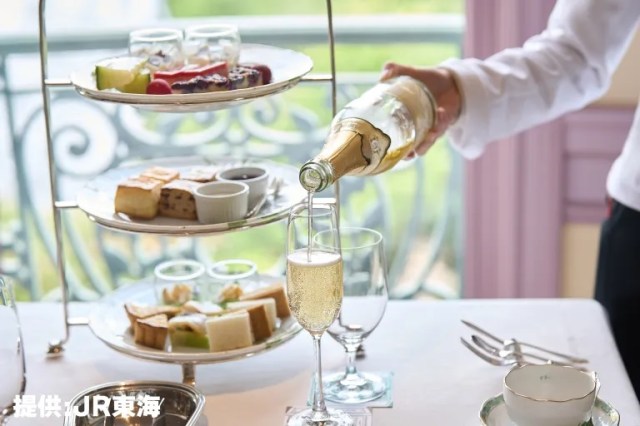
Chourakukan offers multi-course meals, afternoon tea services, and a la carte cafe orders of light fare and drinks. For the multi-course meals, the restaurant’s head chef spends some three hours each day scouring local farms and restaurants for the freshest, highest-quality ingredients, and only after he’s procured them does he decide on the menu for the day.
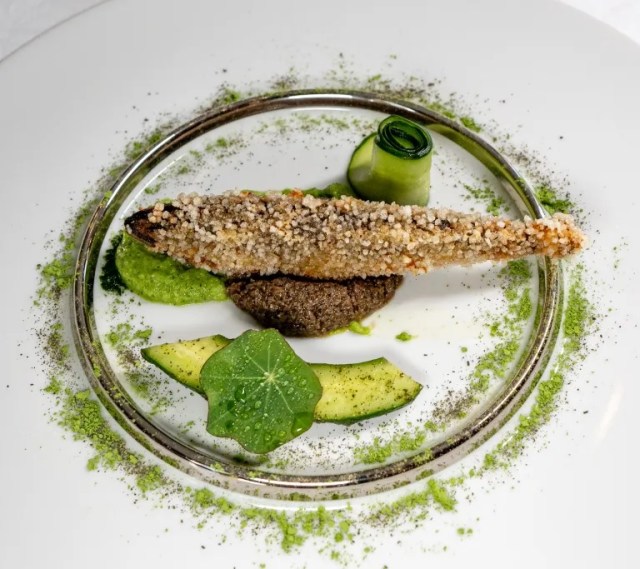
On the day of our visit, the dishes included grilled ayu (sweetfish) and roast beef, both of which were exquisitely fresh and flavorful.
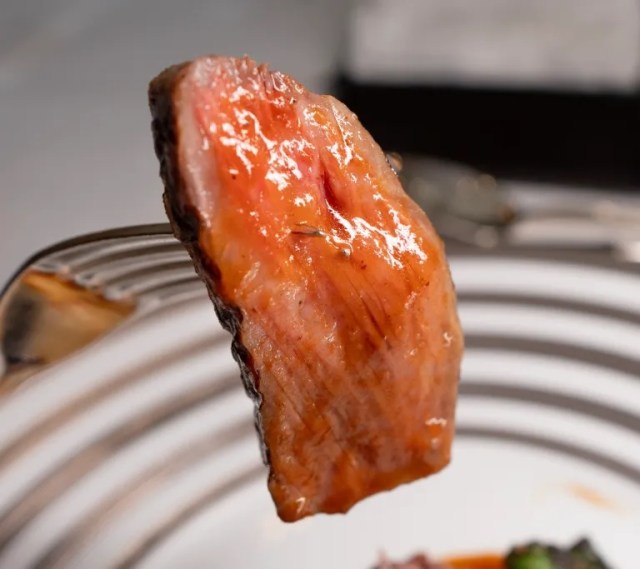
After our entrée tasting, we looked over the cafe menu too and decided to try the mille-feuille, which came accompanied by a scoop of caramel ice cream.
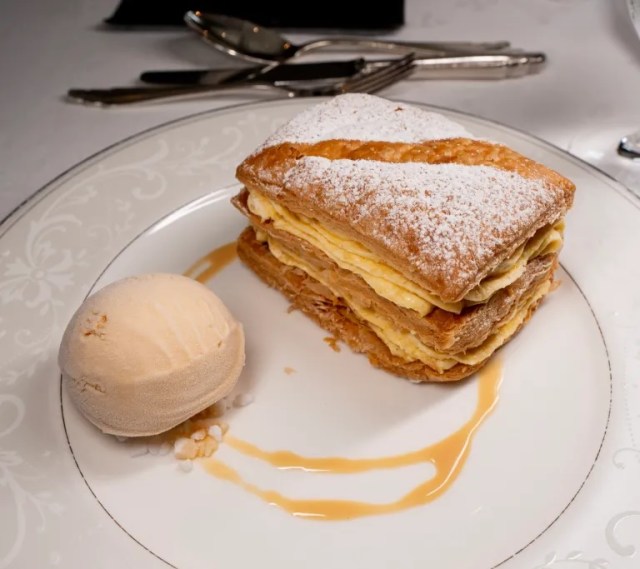
At 1,700 yen (US$10.60), this is definitely a luxury dessert, but one that justified its price.
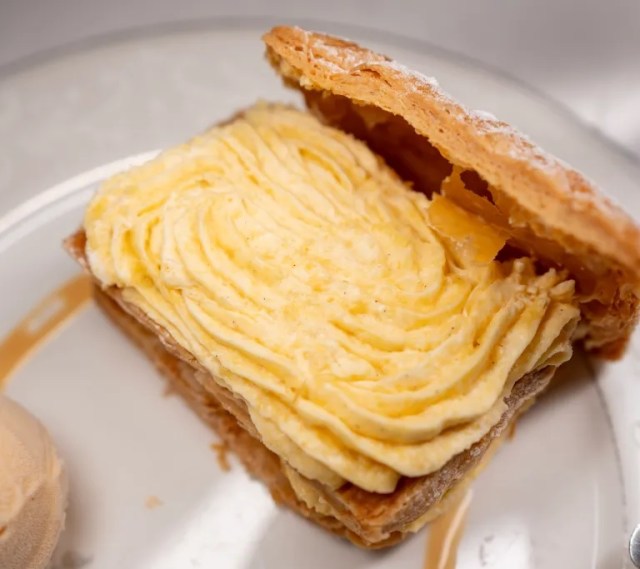
The pie crust was somehow both sturdy enough to hold its shape until we cut into it with our fork, but so soft and airy that it almost felt as if the crust was parting itself for our utensil, rather than us slicing through it. The custard, too, had a magical not-too-firm-but-not-too-soft texture, and we couldn’t find a single thing to be dissatisfied with in terms of the taste either.
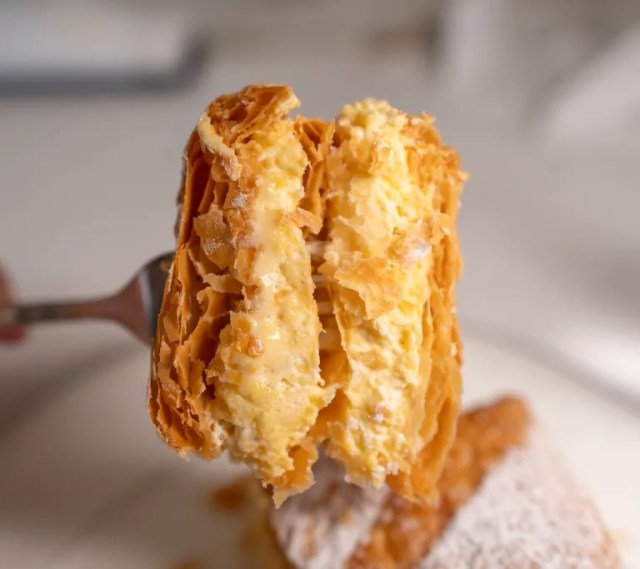
▼ A few more of Chourakukan’s cafe spaces
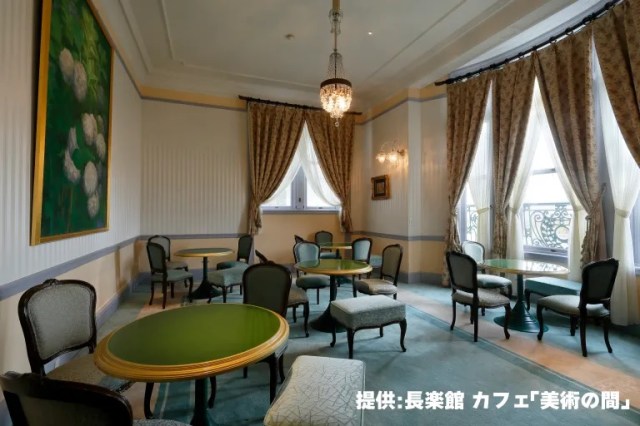
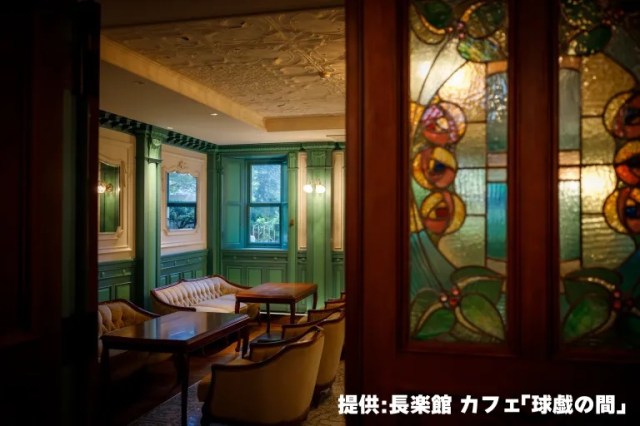
To close out our meal, we ordered a Vienna coffee.
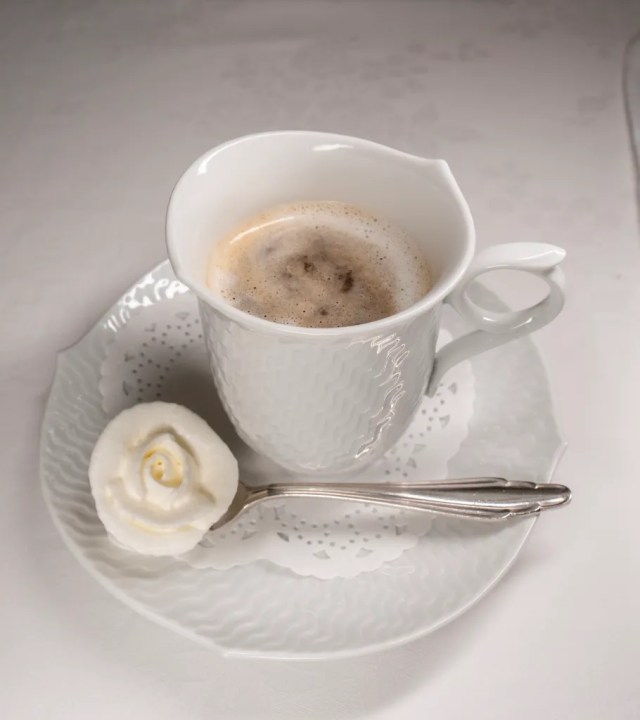
At 1,200 yen, this, too, is in the treat-yourself-to-something-nice price tier, but once again, we felt like we, and the coffee, were worth it. The rose-shaped dollop of whipped cream is a cute and classy touch, and if you set it down in your cup gently, you can continue to appreciate its shape as you sip.
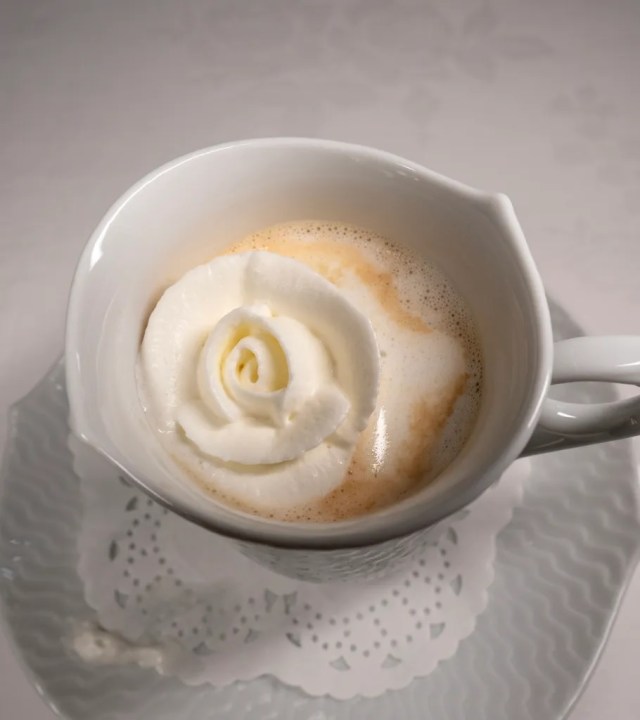
▼ The afternoon tea area
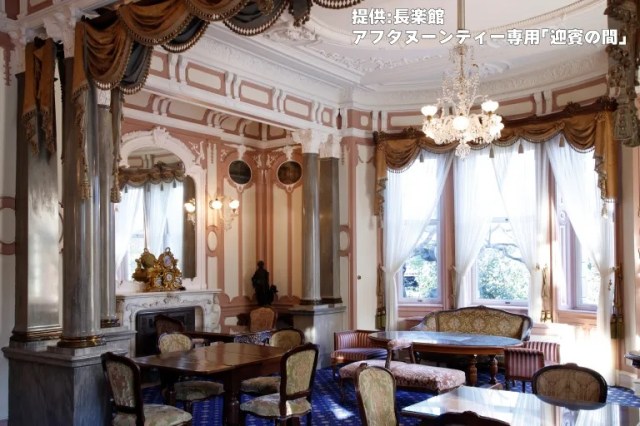
Before leaving, we also took a peek at one of the guestrooms, which offered a panoramic view of Maruyama Park.
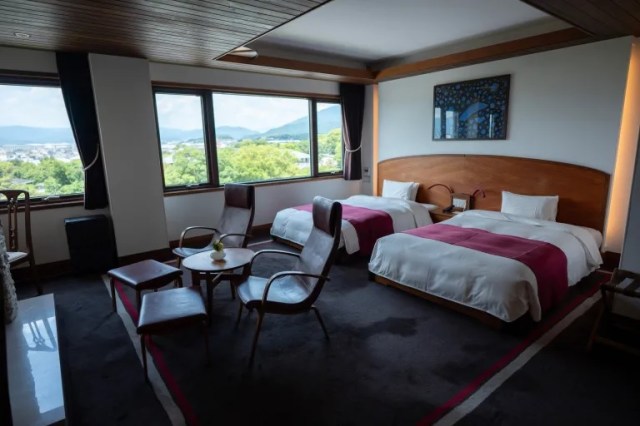
But even if you’re just there for an hour or so at the cafe, Chourakukan will make you feel like you’re living a life of luxury.
Location information
Chourakukan / 長楽館
Address: Kyoto-fu, Kyoto-shi, Higashiyama-ku, Yasakatoriimae Higashi-iru Maruyamacho 604
京都府京都市東山区八坂鳥居前東入円山町604
Website
Related: Central Japan Railway Company Sou da Kyoto, Ikou travel portal
Top image: SoraNews24
Insert images: Central Japan Railway Company, SoraNews24
● Want to hear about SoraNews24’s latest articles as soon as they’re published? Follow us on Facebook and Twitter!
Credit:

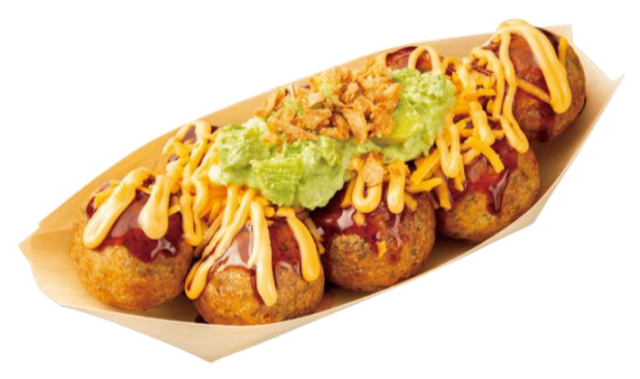
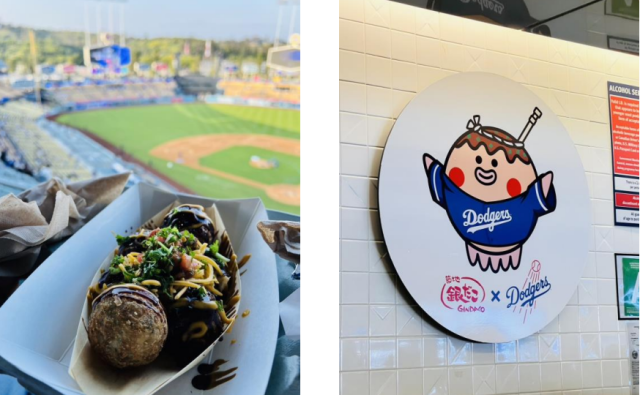
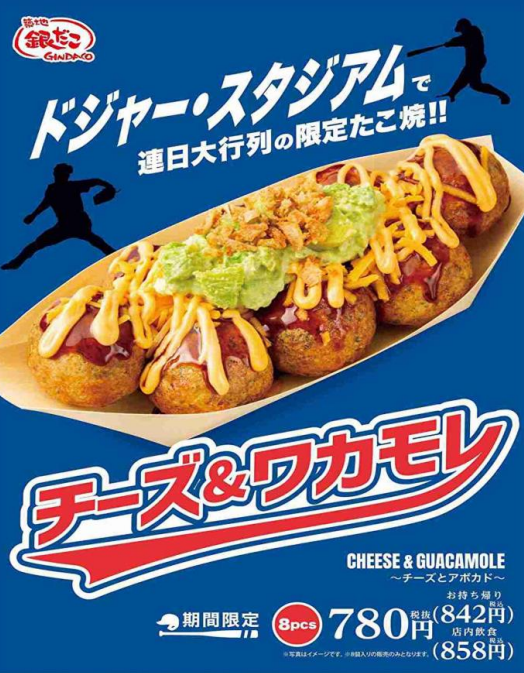
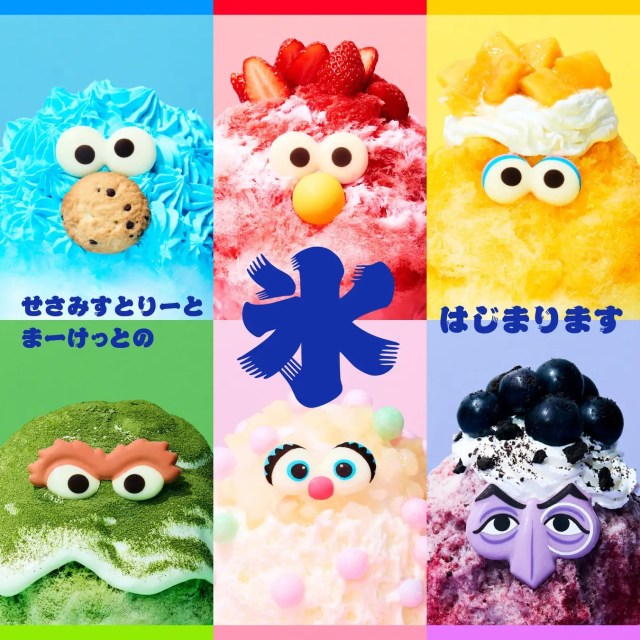
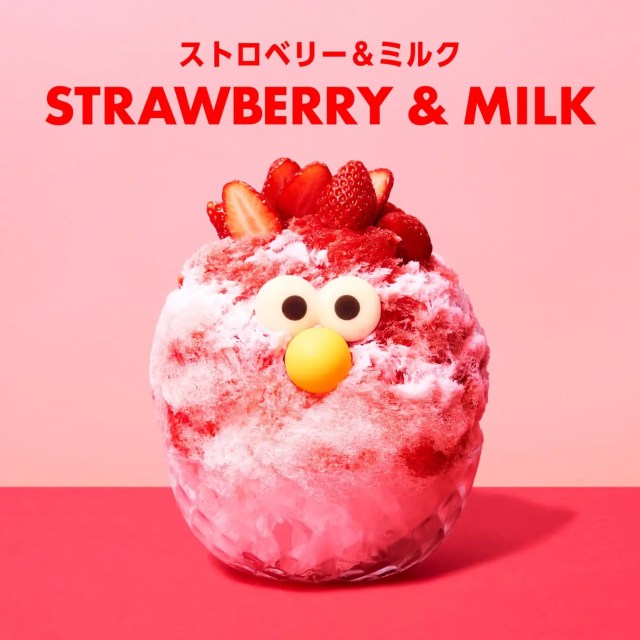
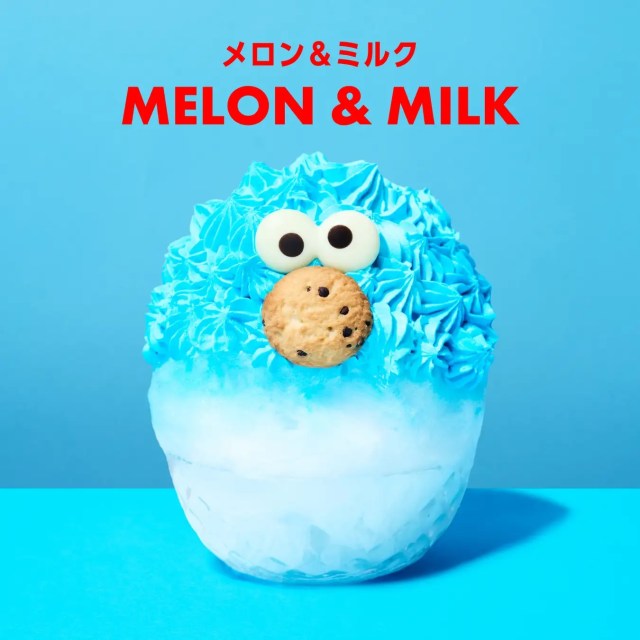
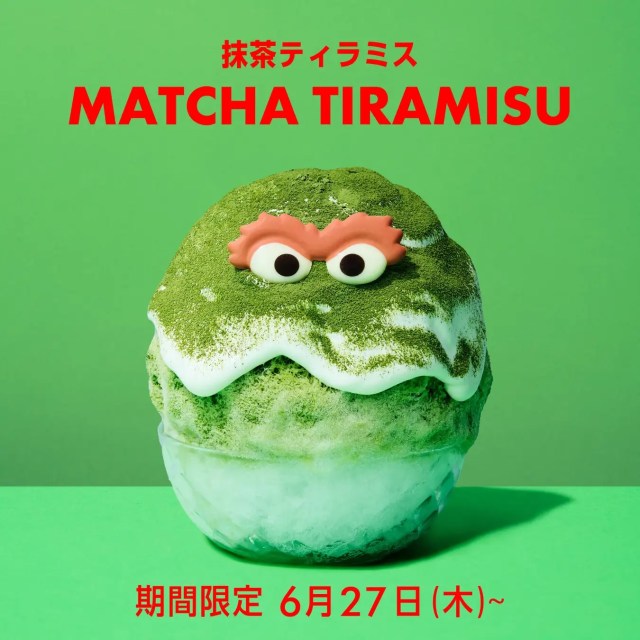
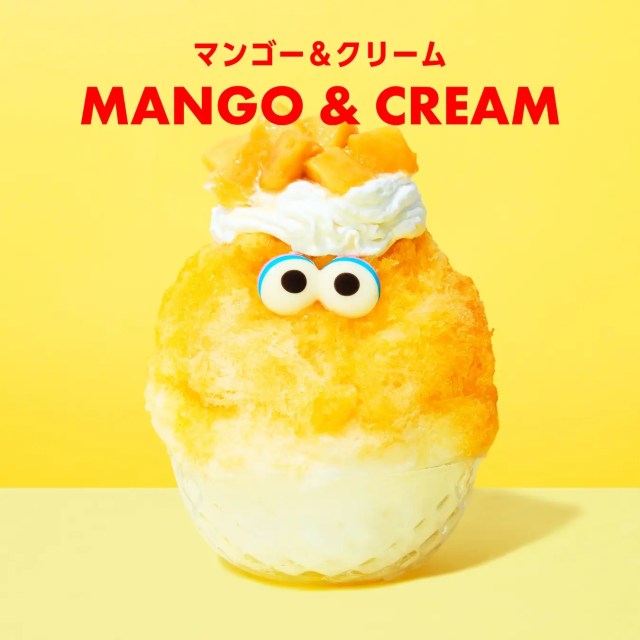
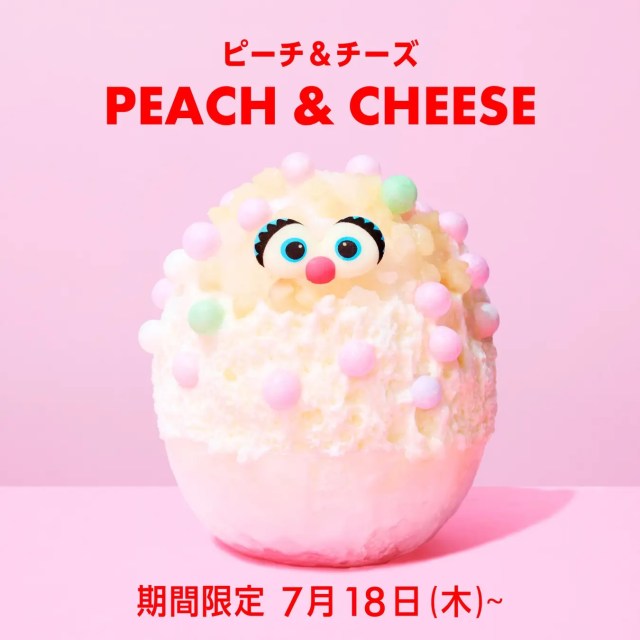
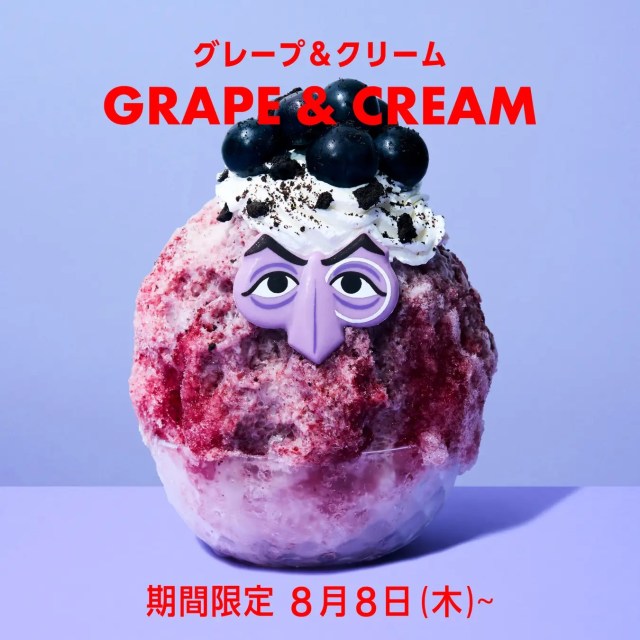
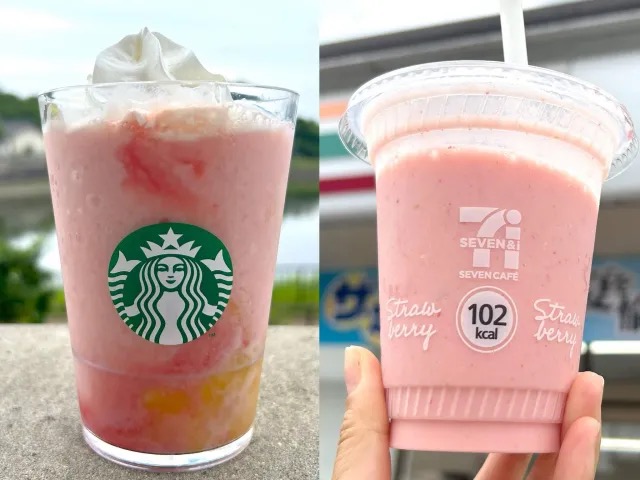
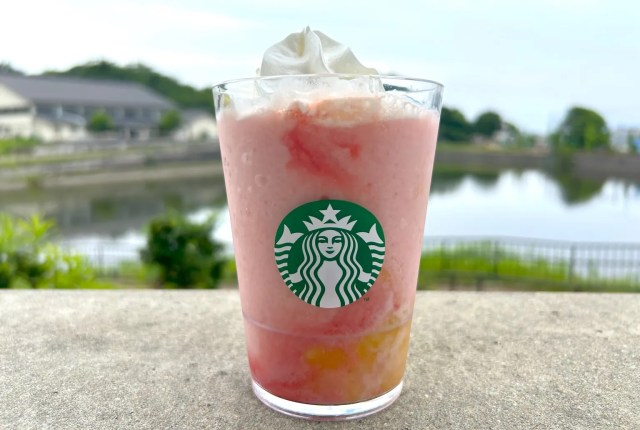
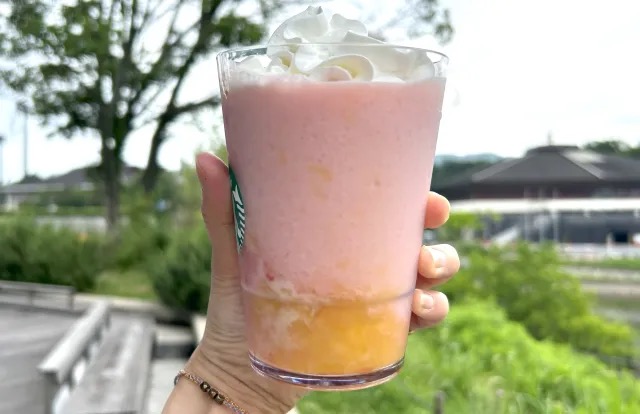
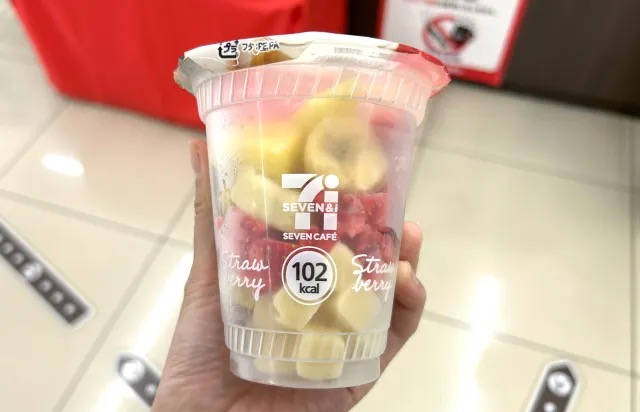
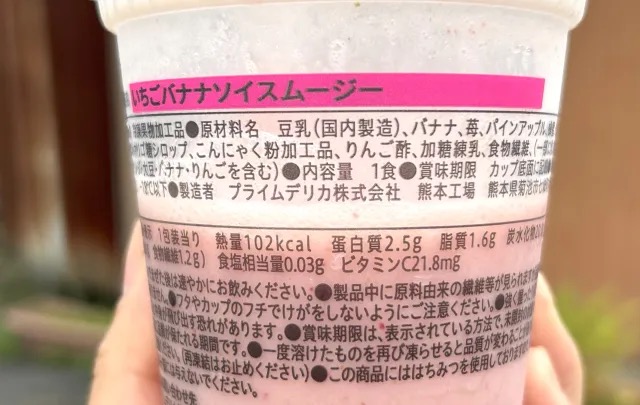
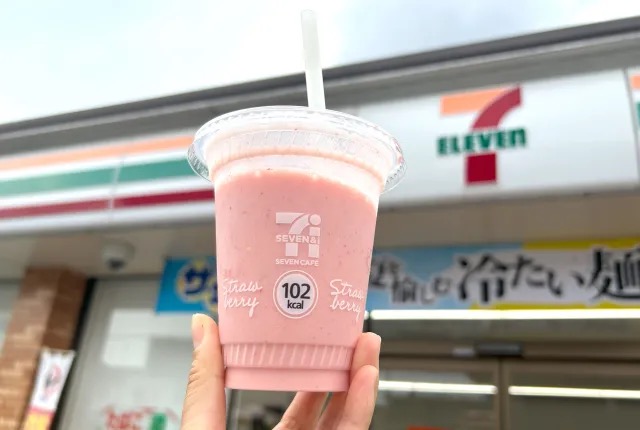
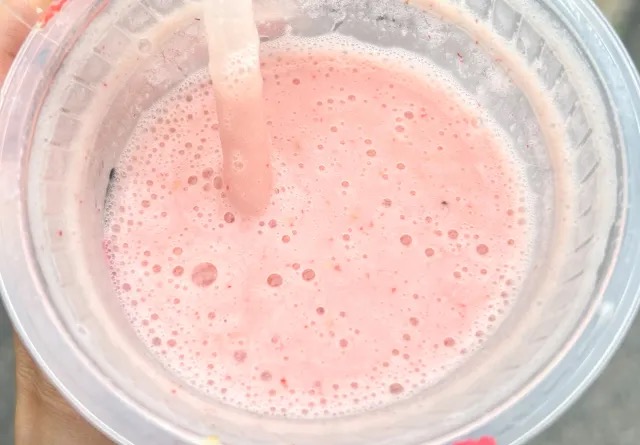
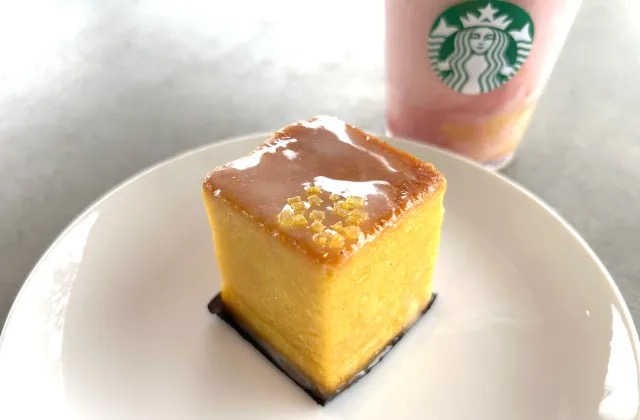
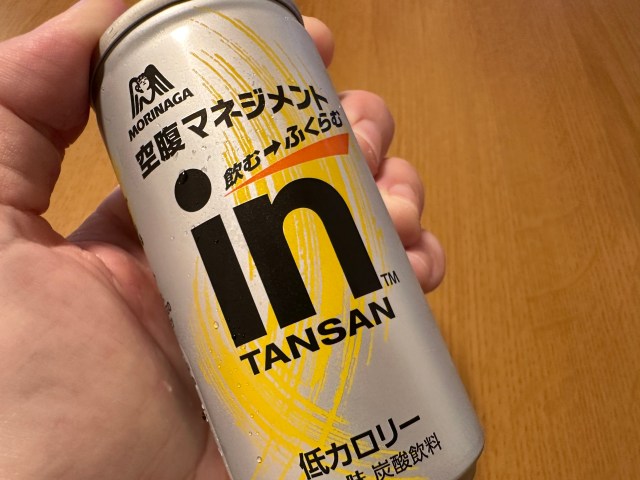
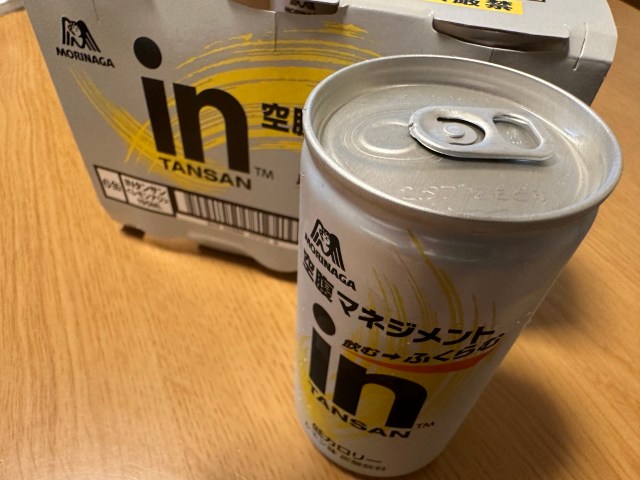
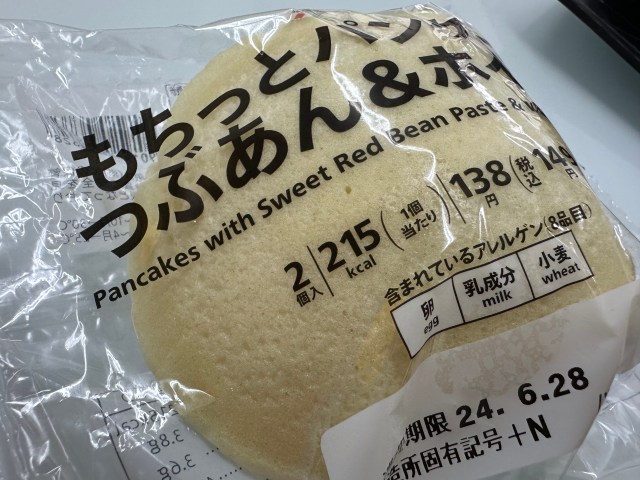
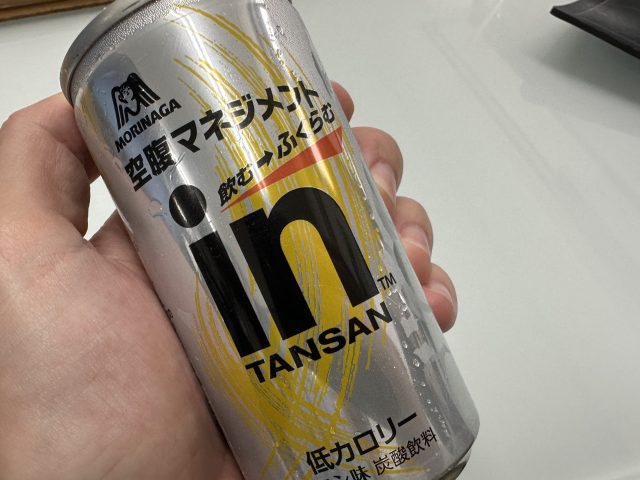
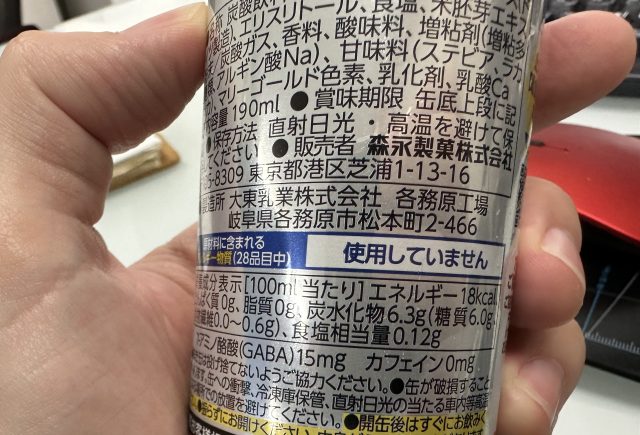
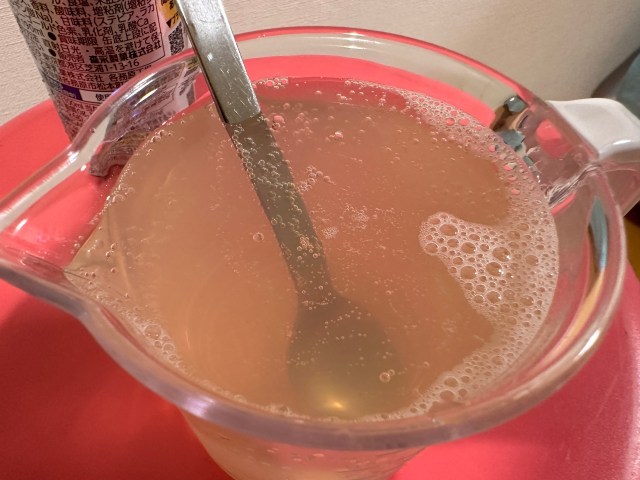
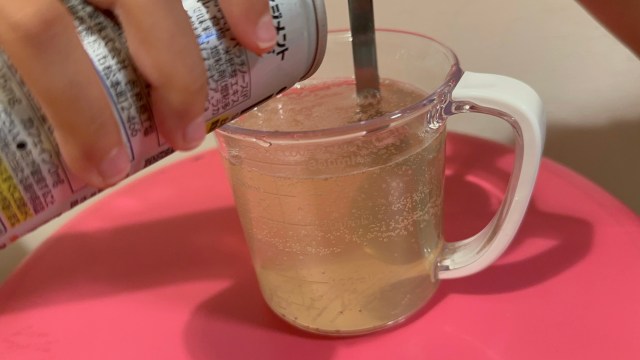
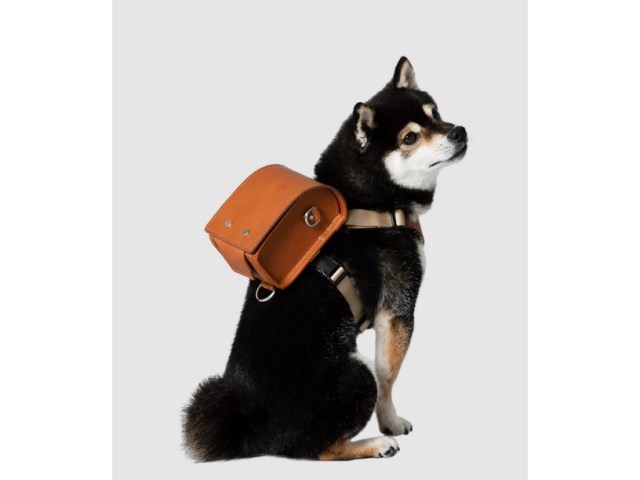
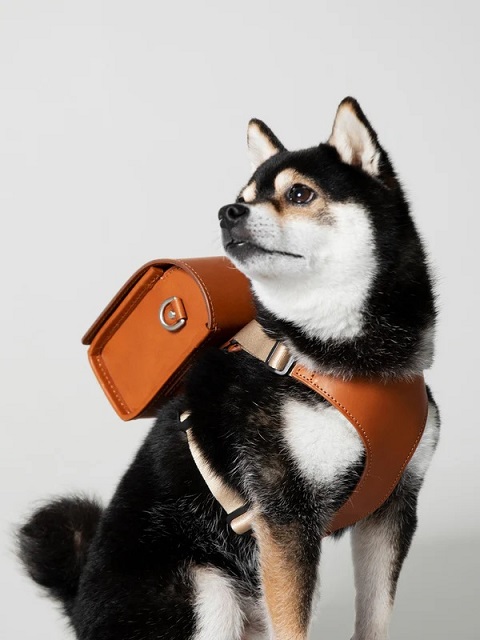
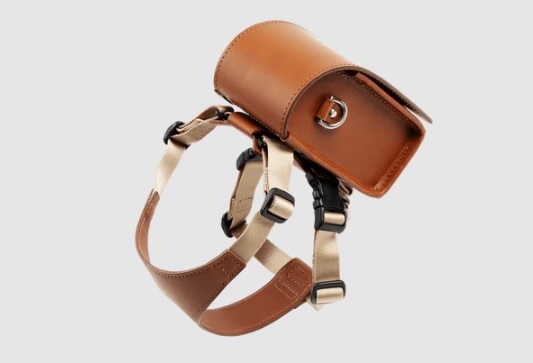
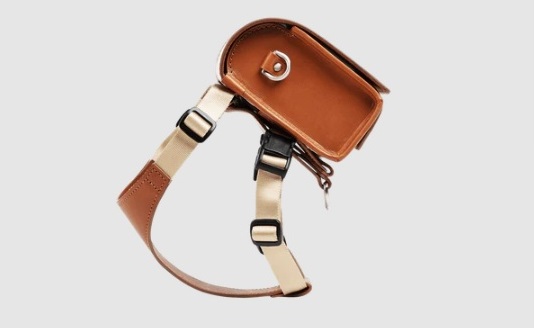
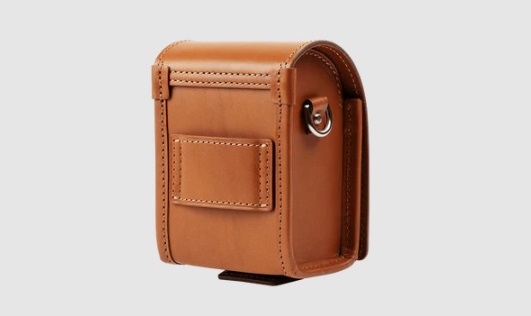
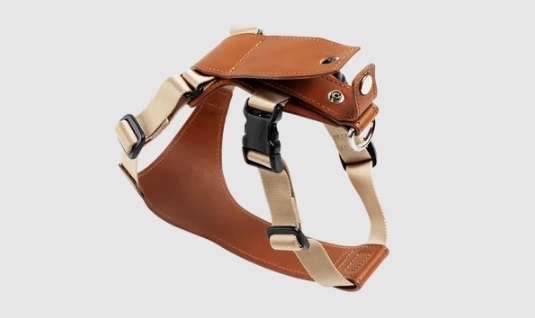
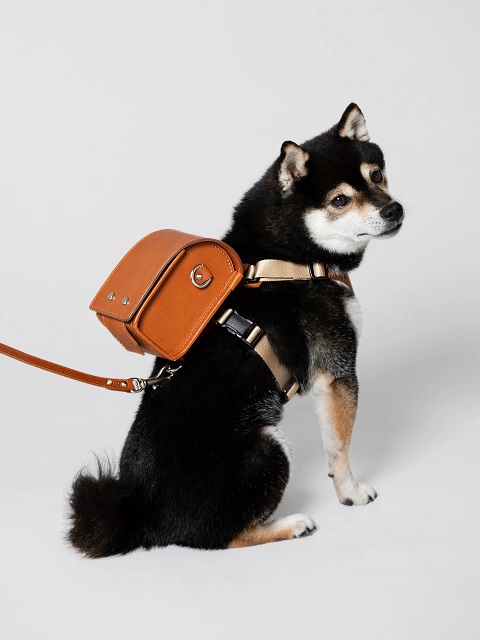
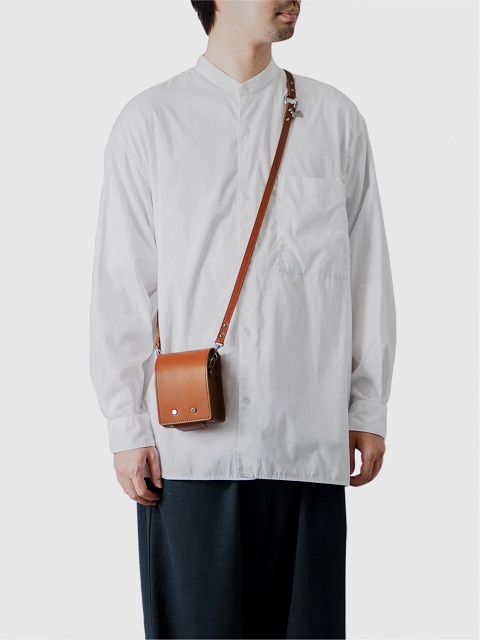
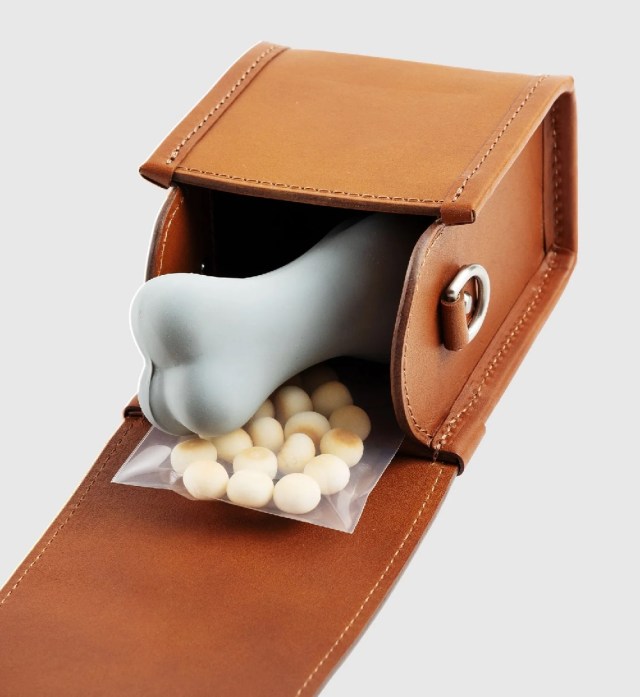
 土屋鞄 (@tsuchiya_kaban)
土屋鞄 (@tsuchiya_kaban)
0 comments:
Post a Comment